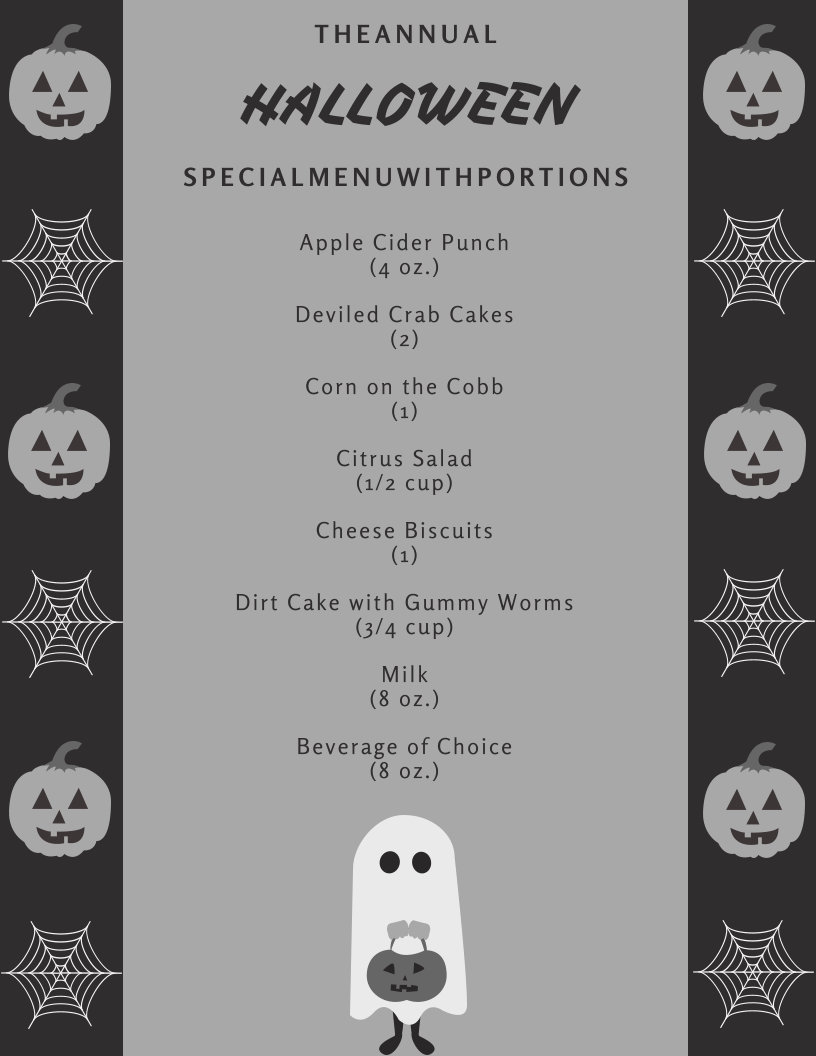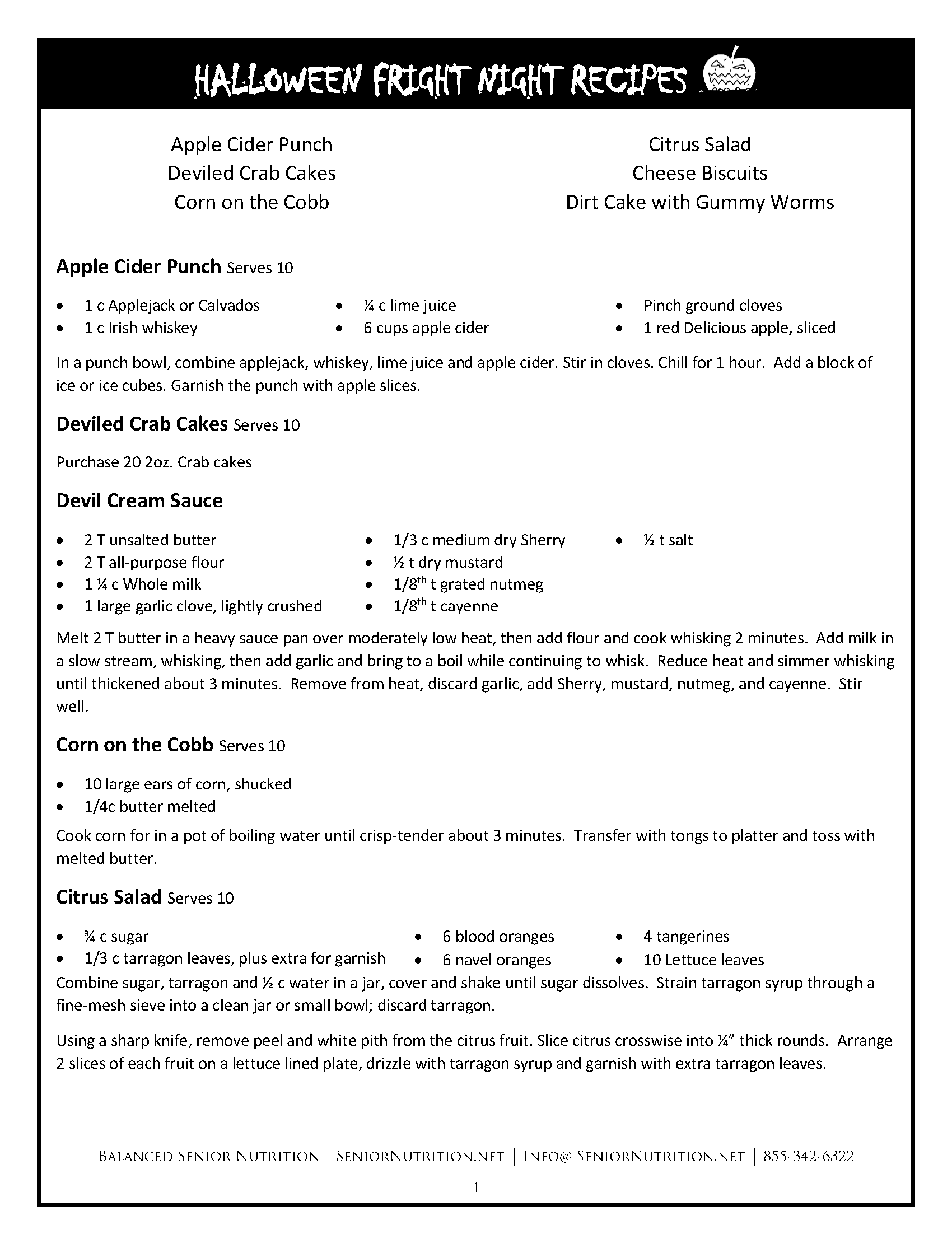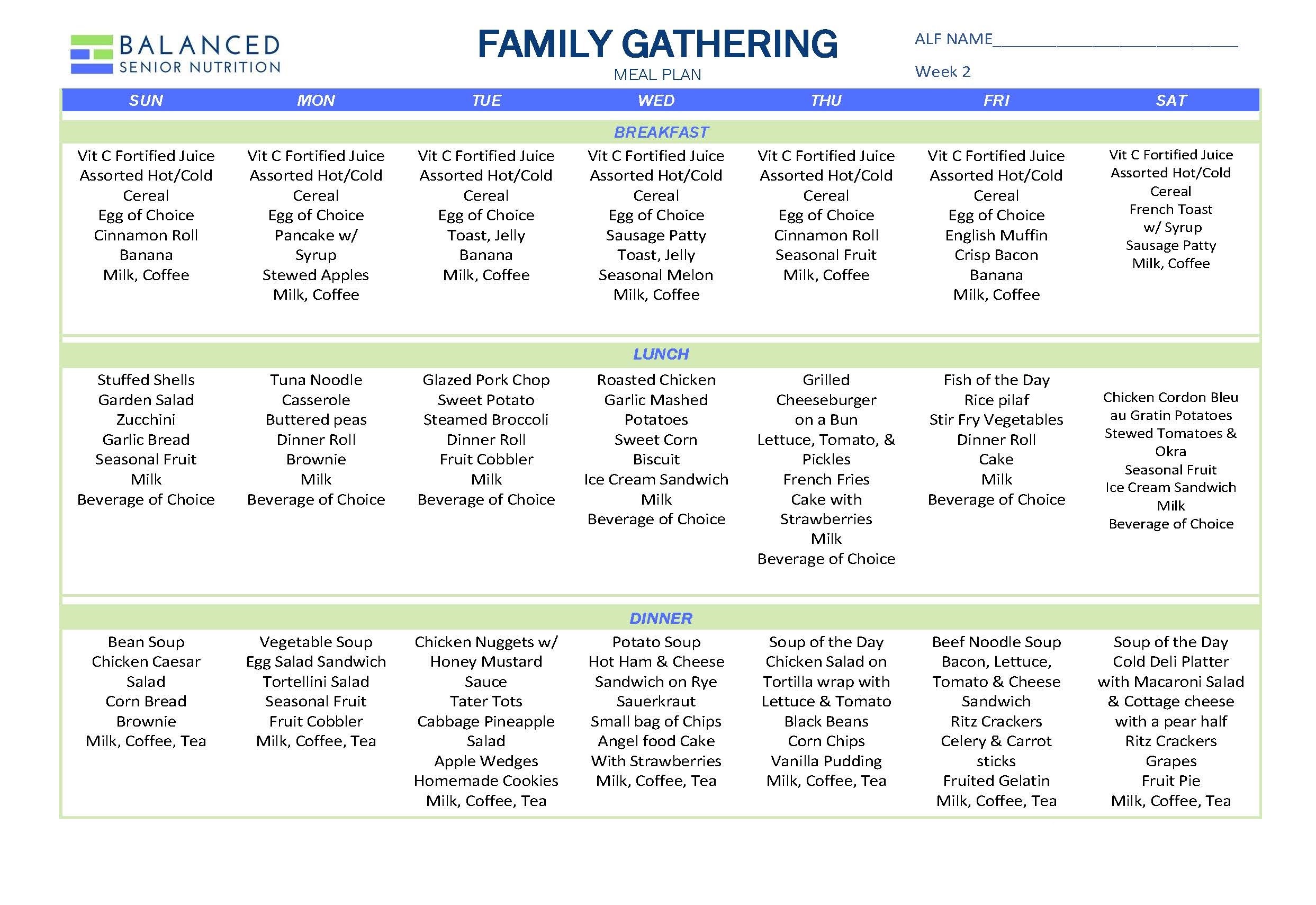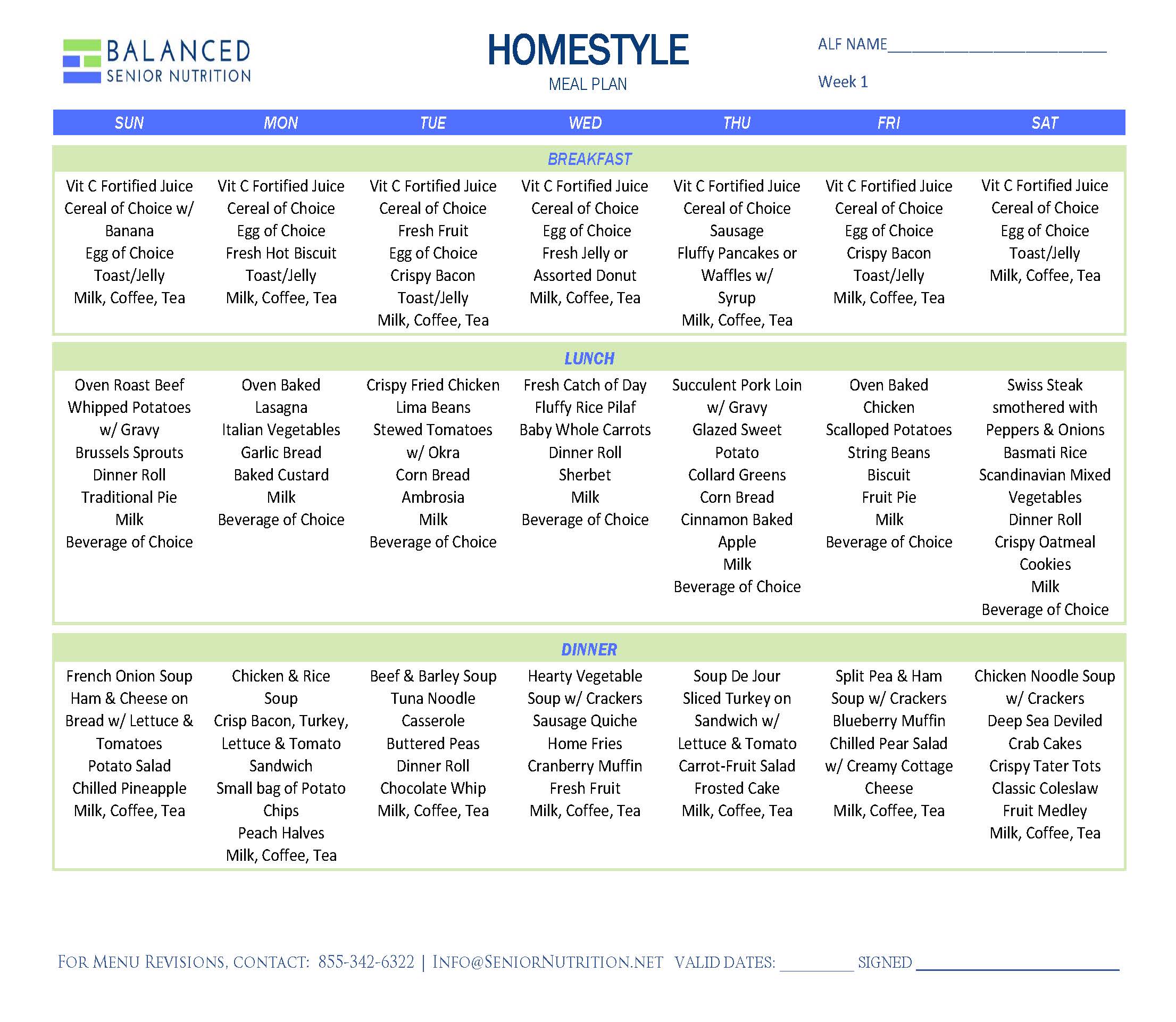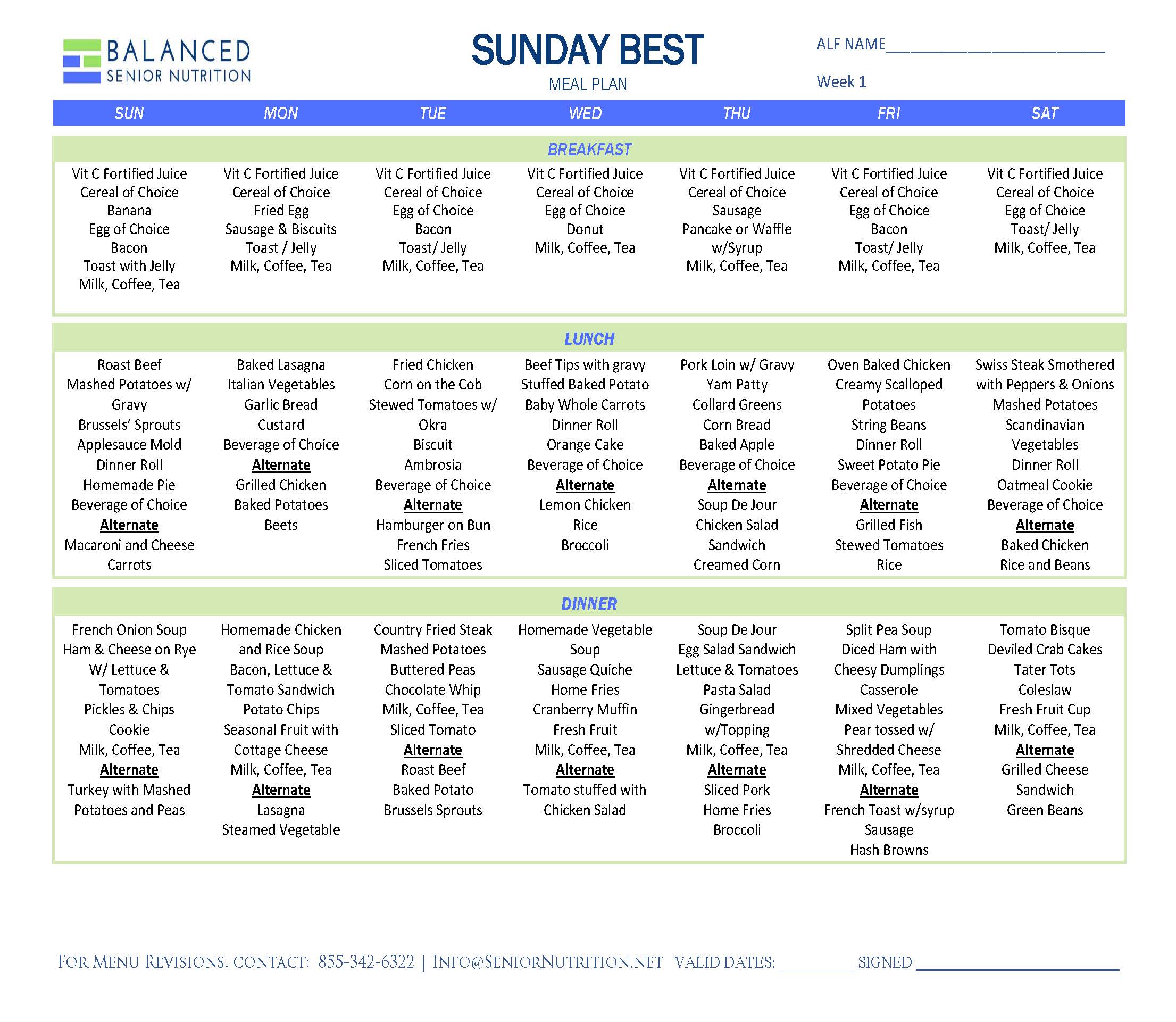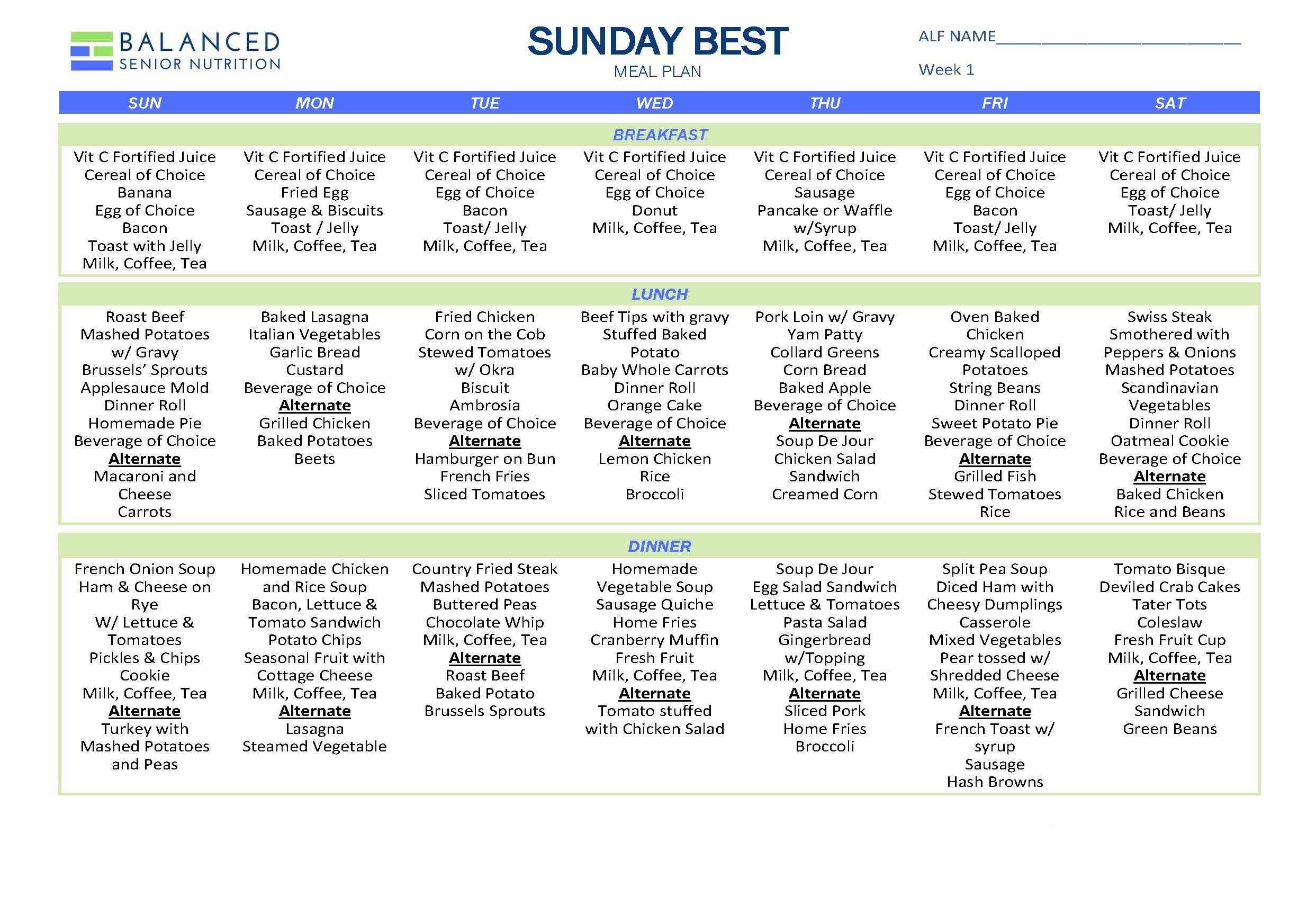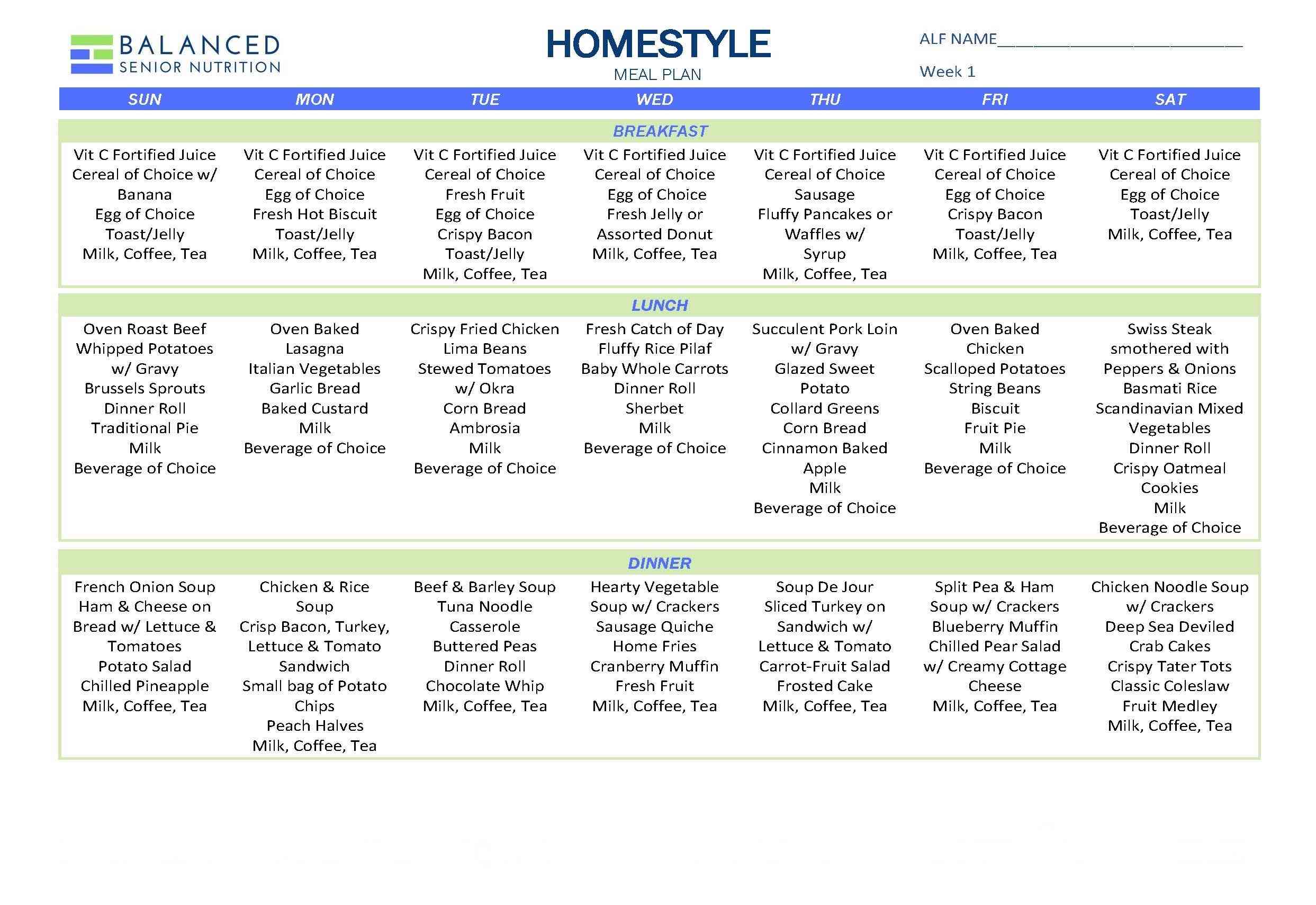
All Mrs. A. wanted was a slice of cake from the LTC menu to satisfy her sweet tooth, but because of the dietary restriction routinely prescribed for her diabetes by her attending physician, the 88-year-old was denied the sweet treat. The protocol called for no-concentrated-sweets or no-sugar-added foods, and that meant no cake, period.
Now, read what the Pioneer Network‘s New Dining Practice Standards has to say about the diabetic diet restriction regarding no-concentrated-sweets or no-sugar-added diet. “There is no evidence to support prescribing diets such as no concentrated sweets or no sugar added for older adults in living in healthcare communities, and these restricted diets are no longer considered appropriate.” – American Dietitians Association Position Individualized Nutrition Approaches for Older Adults in Healthcare Communities 2010.
What? No evidence to support prescribing diets such as no-concentrated-sweets or no-sugar-added for older adults in living in healthcare communities! What is going on here? The answer lies in the age of the resident with diabetes and the time it takes for complications from the disease to develop. While tighter glycemic controls may prevent long-term complications such as retinopathy, neuropathy and nephropathy in newly diagnosed diabetics, they are not needed for elderly residents with the disease because such complications take many years to manifest, so few elderly people have the time to benefit from this approach. And, new guidelines say that for older adults in long-term care, changes in blood sugars should be managed with medications and not diet. Now, picture your sweet elderly grandmother asking for a snickerdoodle and being refused because her diabetes might cause her to go blind in 15 years. Pretty harsh, isn’t it?
So how can elderly folks with diabetes like Mrs. A. satisfy her sweet tooth while controlling her glucose levels? Let’s return to the current thinking and research about the diabetic diet in the Pioneer Network’s New Dining Practice Standards:
“An individualized regular diet that is well balanced and contains a variety of foods and a consistent amount of carbohydrates has been shown to be more effective than the typical therapeutic dietary treatment of diabetes.” – AMDA Clinical Practice Guideline: Diabetes Management in the Long-Term Care Setting. 2008
“Elderly nursing home residents with diabetes can receive a regular diet that is consistent in the amount and timing of carbohydrates, along with proper medication to control blood glucose levels. “ – CMS Clinical Practice Guideline, Leible and Wayne, The Role of the Physician’s Order, paper written for CHII 2010
So, the key to managing diabetes in elderly residents in long-term care is a combination of a well-balanced individualized diet that is consistent in the amount and timing of carbohydrates along with the proper medications to control blood glucose levels. Turns out that Mrs. H. can have her cake and eat it too. Here at BSN Solutions, we support patient choice in ALF and TLC communities. Learn more about smart dining choices, retirement community menu ideas, therapeutic menus, and much more by signing up for our blog and newsletter.
Reference: “While tighter glycemic control may prevent long-term complications of diabetes such as retinopathy and neuropathy and nephropathy in newly diagnosed people with diabetes, these conditions take years to develop and few if any seniors would benefit from this approach.” — Effects of Intensive Glucose Lowering and Type II Diabetes. N Engl J Med 2008

